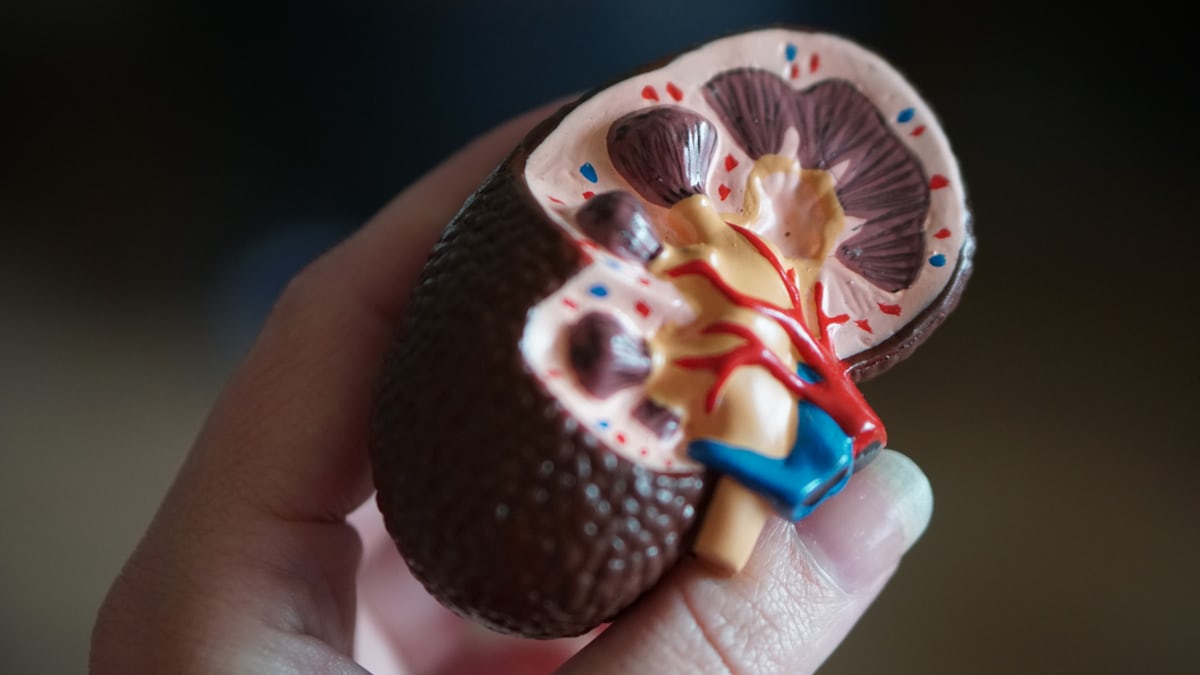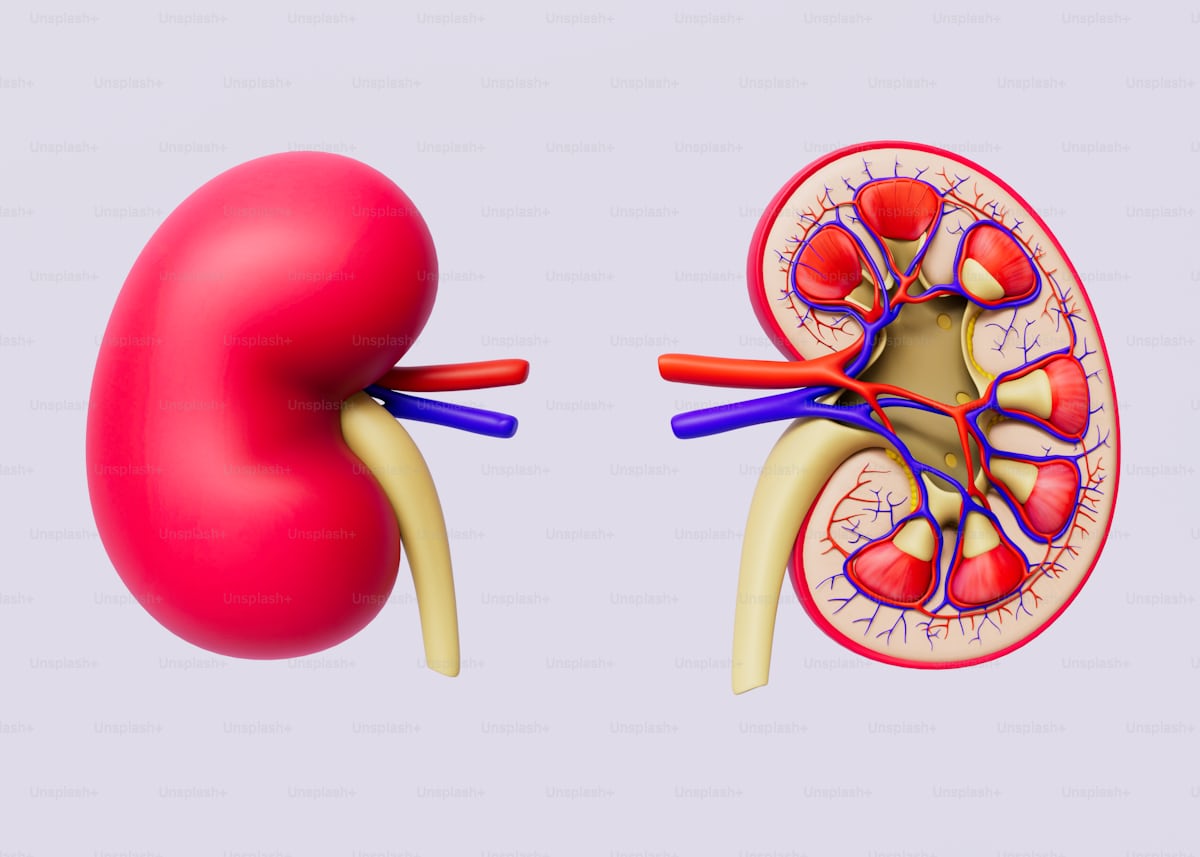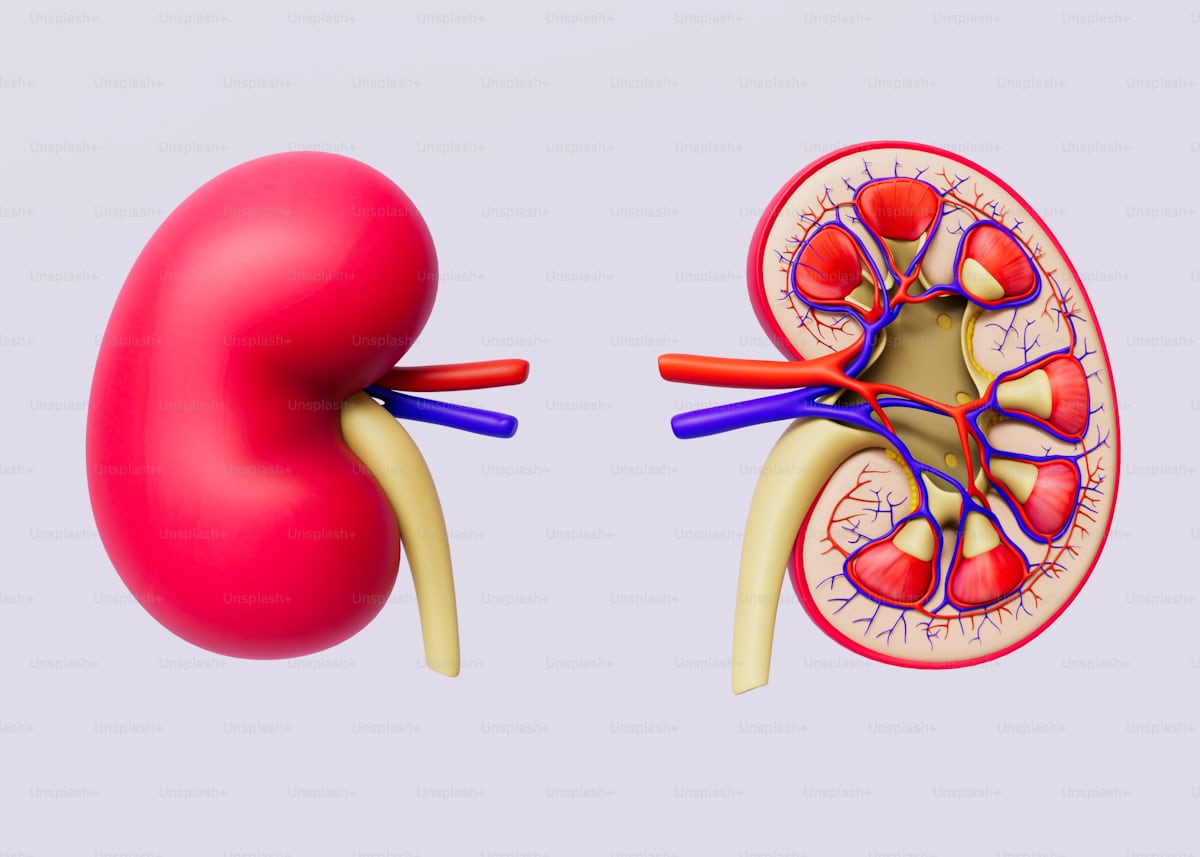Your blood is filtered by two bean-shaped organs called kidneys. The urinary system includes the kidneys. Kidneys perform many important functions. They remove dirt and toxins from the blood. Examples of common waste products include acid, muscle waste (creatinine), and nitrogenous waste (urea). They help to remove harmful toxins from the body. Kidneys filter half a cup of blood per minute.
The kidneys are also important in maintaining the body’s acid-base balance, regulating blood pressure, reducing inflammation, regulating blood sugar levels, and producing the hormones erythropoietin and calcitriol. Vitamin D, also known as calcitriol, helps the body absorb calcium. Erythropoietin helps your body make red blood cells.
If your doctor suspects that your kidneys are not working properly, kidney function tests may be necessary. These are simple blood and urine tests that can detect kidney problems. You should have your kidney function checked if you have other problems that can affect your kidneys, such as diabetes or high blood pressure. Doctors can monitor these diseases with their help.
A kidney function test, often called a renal function test, is a blood or urine sample that measures the amount of certain substances excreted by the kidneys. Higher or lower levels than normal can indicate problems with kidney function.

Certain diseases, such as diabetes or high blood pressure, can affect kidney function. Your healthcare professional may perform kidney function tests to monitor for problems. If you have symptoms of kidney problems, you should have your kidney function checked. These symptoms may include:
Have to urinate frequently
Difficulty urinating
Blood in the urine (hematuria)You start having trouble urinating
Swelling of legs and arms due to fluid retention.
Requirements for a normal kidney function test: Kidney function tests can help detect and assess kidney damage early, making it easier to treat and manage. These tests are important for monitoring the progression of kidney disease, allowing medical professionals to adjust treatment as needed.
Kidney function tests are very useful in evaluating the effectiveness of treatment as well as assessing the effectiveness of current strategies and determining whether changes are necessary. Kidney function tests help patients and medical professionals work together to manage kidney health.
Are kidney function tests necessary
Your doctor will order several tests to measure kidney function and determine your glomerular filtration rate (GFR). Glomerular filtration rate (GFR) measures how quickly the kidneys remove waste from the body.

Urine test. A urinalysis will show if there is protein or blood in the urine. Protein can appear in urine for a variety of reasons, but none of them are specifically health related. Illness and heavy exercise can increase protein levels in the urine. After a few weeks, the doctor will try again to confirm the results. Your doctor may ask you to schedule a 24-hour urine collection, which will help your doctor determine how quickly your body is eliminating creatine waste.
Blood creatinine test. This blood test shows high levels of creatinine in the blood. Creatinine is removed from the blood by the kidneys. If your creatinine level is high, it indicates the presence of kidney problems in your body. Creatinine levels are greater than 1.2 mg in women and 1.4 mg in men. Indicates kidney disease.
Blood urea nitrogen (BUN) level test
A blood urea nitrogen (BUN) test also checks for impurities in the blood. Measure blood nitrogen levels. Urea nitrogen is a product of protein breakdown. Common medications such as aspirin and some antibiotics can increase BUN levels, so not all elevated ranges indicate kidney damage. Tell your doctor if you have a history of taking any medications regularly. A few days before your test, your doctor may ask you to stop taking certain medications. A BUN level of 7 to 20 mg/dL is considered normal. High values can indicate various personal health problems.
Approximate glomerular filtration rate
This test tests the kidney’s ability to filter waste. The test calculates your creatinine level by taking into account your age, sex, race, height, weight and test results. Anything below 60 ml/min/1.73 m2 can be a warning of kidney disease.

Kidney function tests check how well your kidneys are working. Properly functioning kidneys help remove waste from the body. Diseases like diabetes or high blood pressure can affect your kidney function. They may need kidney function tests to confirm or rule out infection. Kidney function is assessed through blood or urine tests. In most cases, you will receive results from your provider on the day of the test or within a few days.
Reference
https://my.clevelandclinic.org/health/diagnostics/21659-kidney-function-tests#:~:text=Kidney%20function%20tests%20check%20how,or%20rule%20out%20an%20infection.
https://www.healthline.com/health/kidney-function-tests
https://blallab.com/blogs/importance-of-regular-kidney-function-tests
https://www.metropolisindia.com/blog/health-wellness/kidney-function-test-purpose-normal-ranges
https://www.careinsurance.com/blog/health-insurance-articles/what-are-kidney-function-tests
https://www.carehospitals.com/diagnostics/kft-test
https://www.kidneyfund.org/all-about-kidneys/tests-kidney-disease
https://www.freseniuskidneycare.com/kidney-disease/ckd/kidney-function-tests
https://www.kidney.org/kidney-topics/tests-to-check-your-kidney-health
https://www.medicalnewstoday.com/articles/325397
https://www.sciencedirect.com/topics/medicine-and-dentistry/kidney-function-test
https://www.britannica.com/science/kidney-function-test
 using WordPress and
using WordPress and
Comments are closed